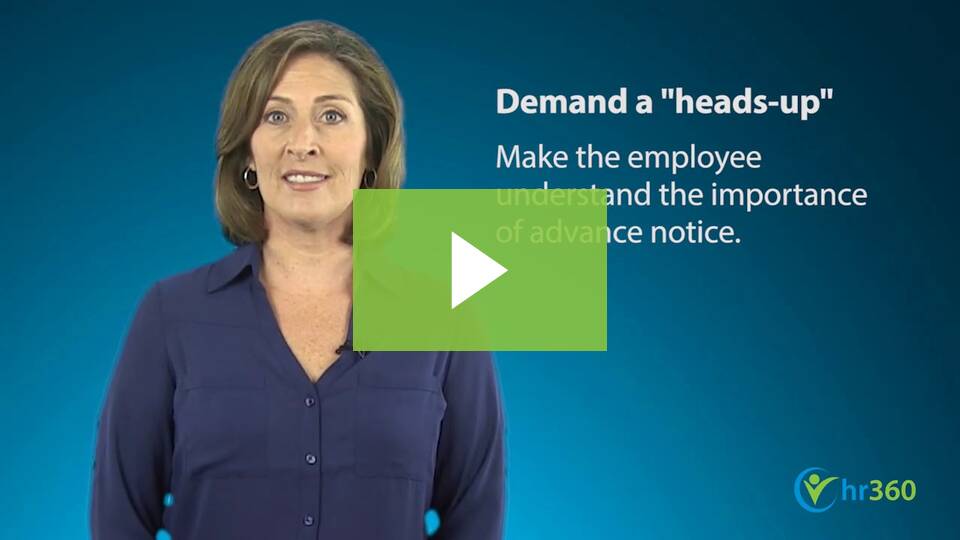DOL Increases Civil Penalty Amounts for 2020
|
|

The Department of Labor (DOL) recently released its 2020 inflation-adjusted civil monetary penalties that may be assessed on employers for violations of a wide range of federal laws, including:
- The Fair Labor Standards Act (FLSA);
- The Employee Retirement Income Security Act (ERISA);
- The Family and Medical Leave Act (FMLA); and
- The Occupational Safety and Health Act (OSH Act).
To maintain their deterrent effect, the DOL is required to adjust these penalties for inflation no later than Jan. 15 of each year. Key penalty increases include the following:
- The maximum penalty for violations of federal minimum wage or overtime requirements increases from $2,014 to $2,050 per violation.
- The maximum penalty for failing to file a Form 5500 for an employee benefit plan increases from $2,194 to $2,233 per day.
- The maximum penalty for violations of the poster requirement under the FMLA increases from $173 to $176 per each offense.
Employers should become familiar with the new penalty amounts and review their pay practices, benefit plan administration and safety protocols to ensure compliance with federal requirements.
|
|
Employers Must Begin Using New Form I-9 by May 1
|
|

The U.S. Citizenship and Immigration Services (USCIS) recently published a new version of Form I-9: Employment Eligibility Verification. The previous version of this form expired Aug. 31, 2019, but USCIS advised employers to continue using the expired form until a new form was made available.
Transition Period
With the new form, USCIS has also clarified that employers have the option of initially using either the expired or the new Form I-9. However, employers must begin using the new form exclusively by May 1, 2020.
What’s Different?
The paper version of the new form has not changed, but the electronic form shows a few minor changes. Specifically, the new form:
- Lists additional countries (Eswatini and Macedonia) in the country of issuance field;
- Clarifies who can act as an authorized employer representative;
- Updates the USCIS website address;
- Clarifies the list of acceptable documents;
- Updates the process for requesting paper versions of the form; and
- Updates the privacy notice from the Department of Homeland Security.
New Expiration Date
The new Form I-9 was approved by the Office of Management and Budget on Oct. 21, 2019, and has a new expiration date of Oct. 31, 2022.
|
|
Helping Employees Embrace Workplace Change
|
|

Workplace changes are common across all organizations. Although some employees may embrace various changes to company systems or procedures, most individuals find workplace changes to be confusing, stressful and overwhelming. In fact, a recent study found that 71% of employees who experienced a large company change within the last year were less satisfied with their job than those who experienced little to no change.
While companies can’t avoid change in the workplace, there are steps they can take to minimize the negative effects that change can have on employees, such as dissatisfaction and burnout. To ensure a smooth transition, try the following action items:
- Communicate the change early on. Have an open discussion with employees about why the change is occurring and what the expectations are for the change (e.g., better work environment, equipment, operations or opportunities). Never wait to communicate a huge initiative until the last second.
- Recognize the achievements made under the old systems or operations. It’s important for employees to feel that all their hard work is still appreciated and is not being overlooked by the new system or procedure.
- Discuss the pros and cons. Be transparent about any roadblocks or inconveniences employees may experience during the change.
- Explain who will be affected and how. Before the change occurs, ensure all employees are aware of how it may affect them individually or as a department.
- Explain when the change will occur. If possible, provide employees with a timeline for when the change will be taking place and how long it will take for the company to prepare for it.
- Allow employees to express their concerns. After presenting the change, give employees the chance to ask questions or discuss any concerns they may have. Managers should touch base with employees throughout the transition process to ensure all employees are supported and well-informed.
- Implement the change in stages. If there are various phases to the new change, try implementing them over time. This allows employees more time to grasp any new concepts and ask questions as necessary.
- Be open to any modifications to the new procedure or operation. Once the transition has begun, be open to any new suggestions that employees may have that could improve any new systems or processes.
|
|
Managing the Excuse-Makers
|
|
Some employees always seem to have an excuse for failing to meet expectations. Luckily, there are strategies managers can use to turn repeat excuse-makers into productive team members. Learn about these strategies in the video below.

|
|
|
|